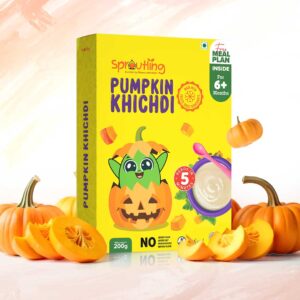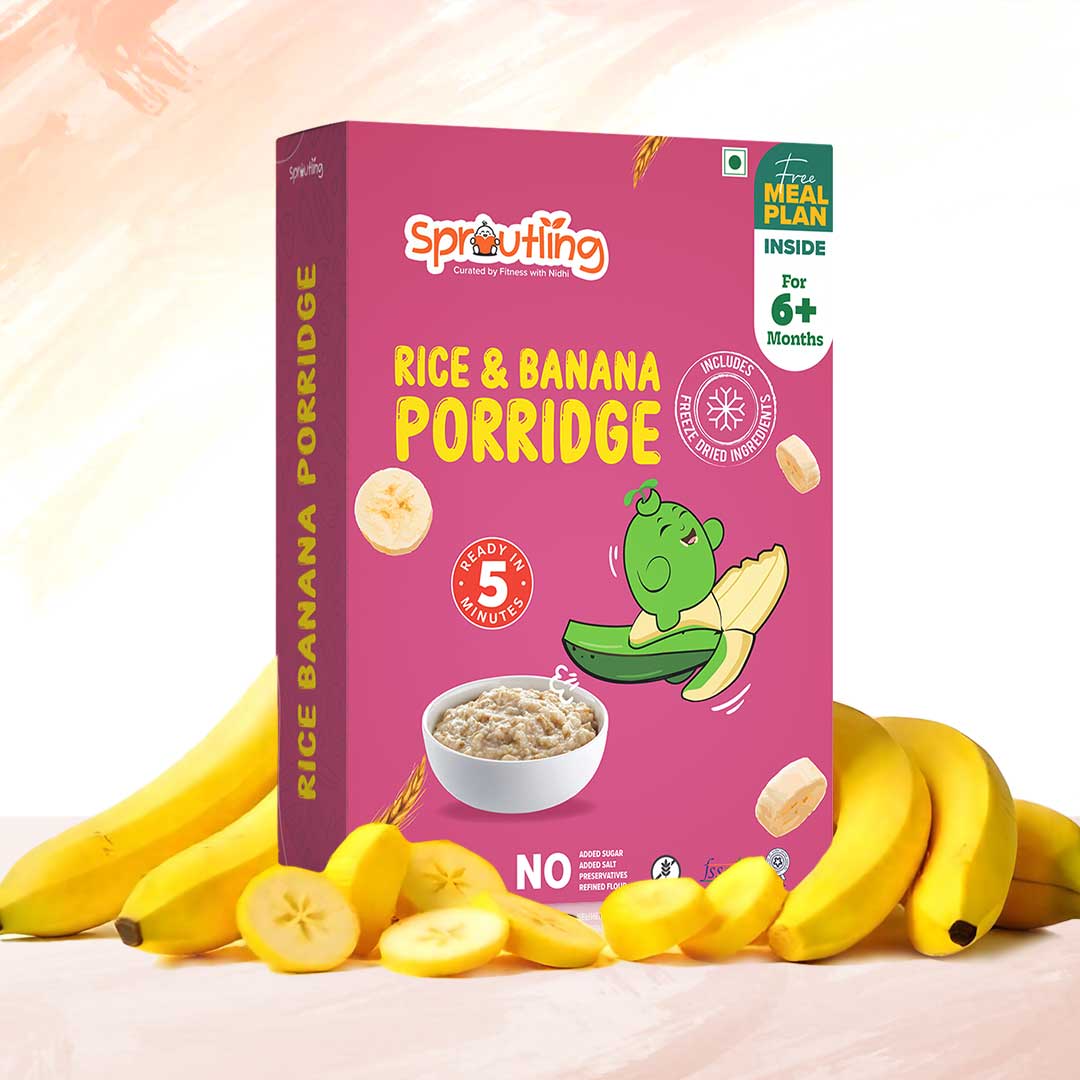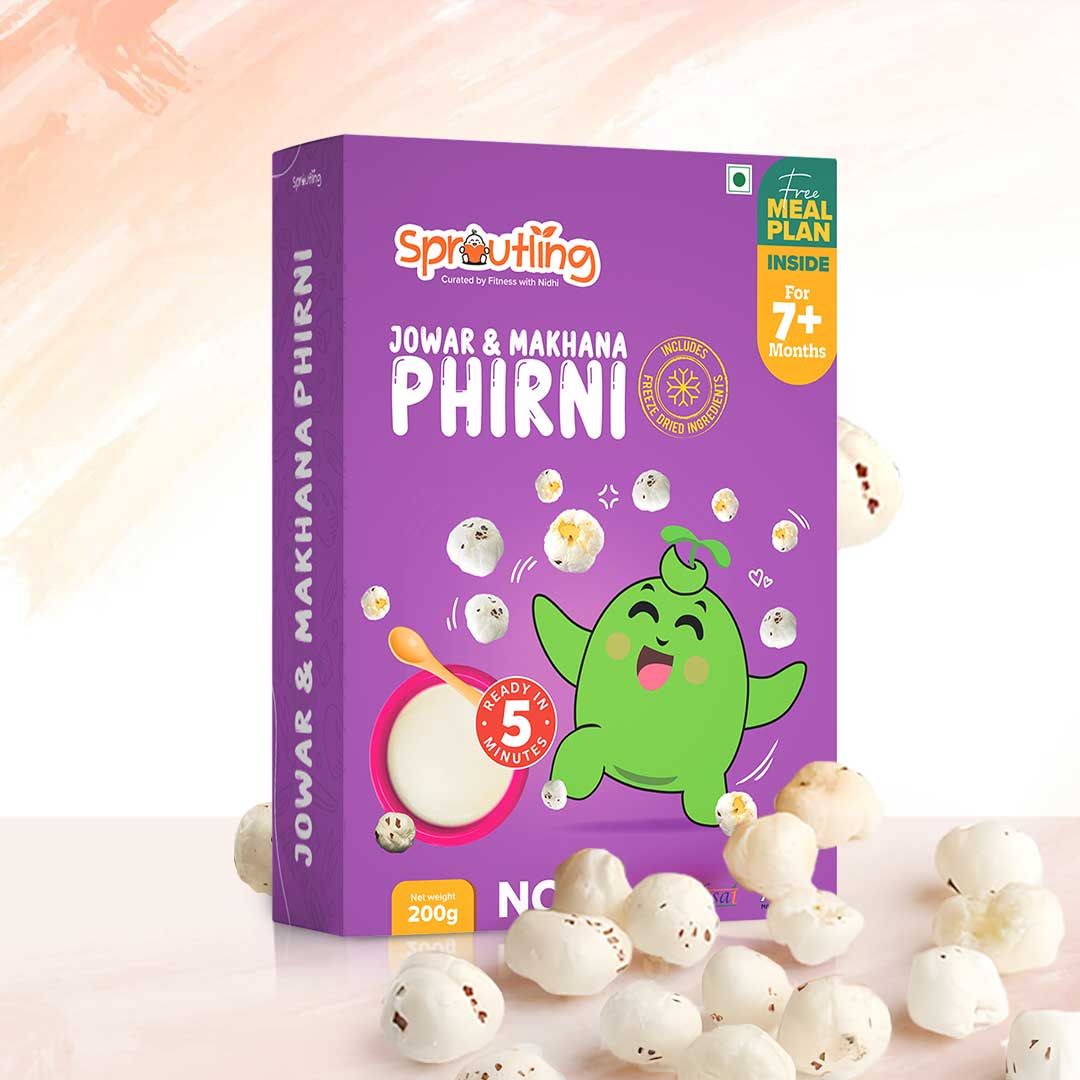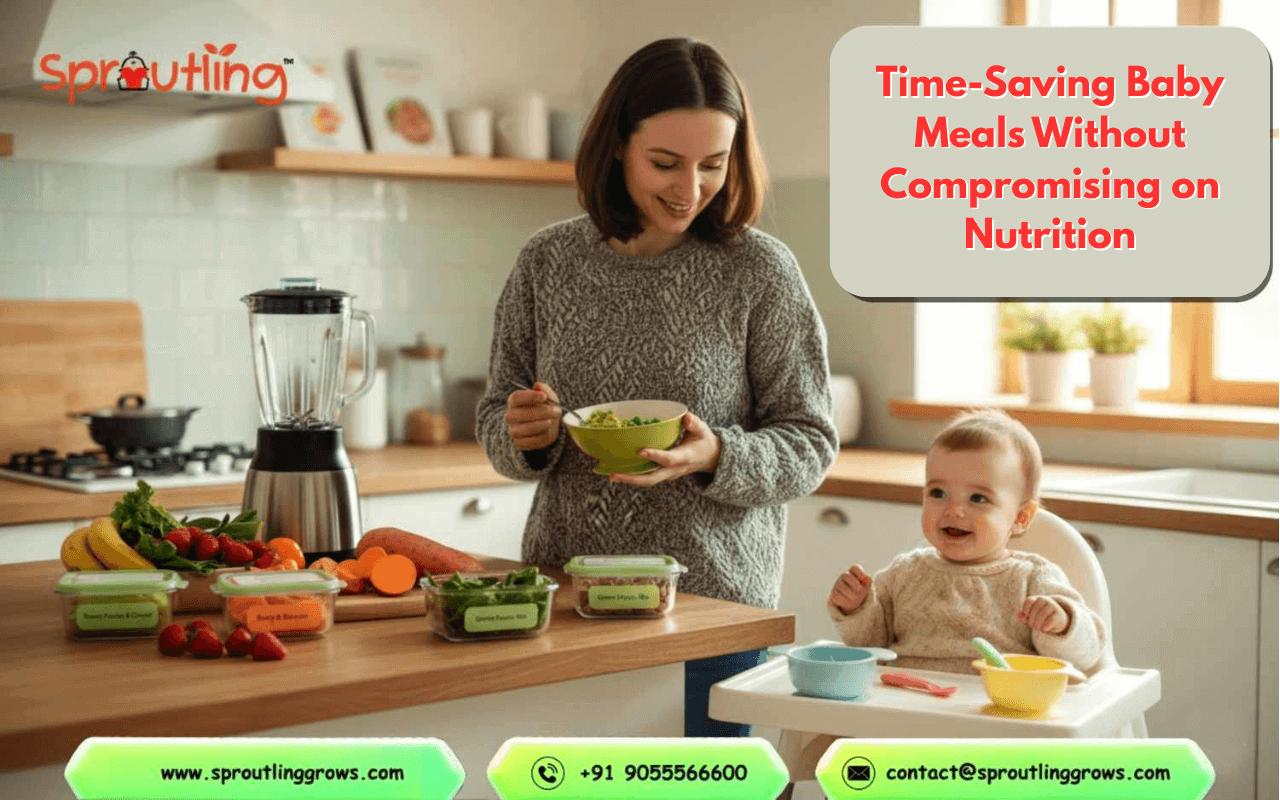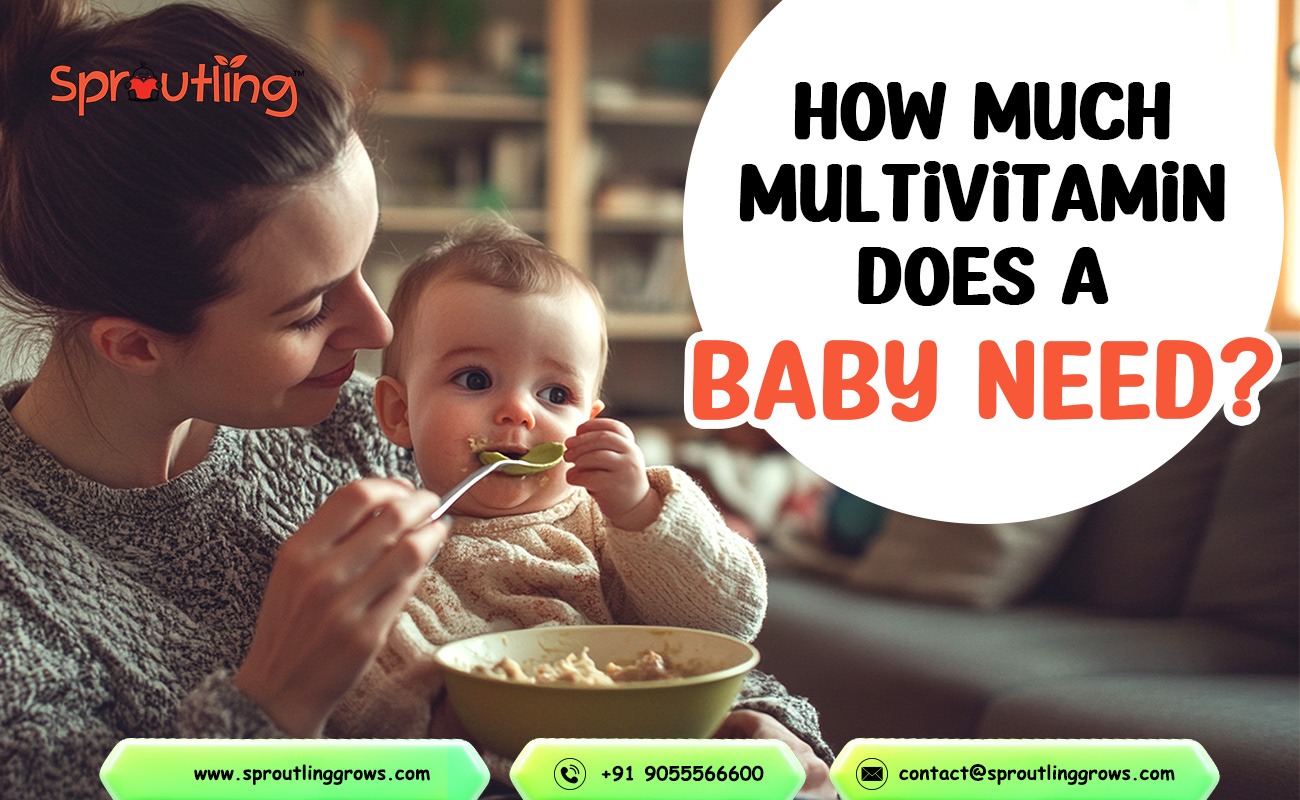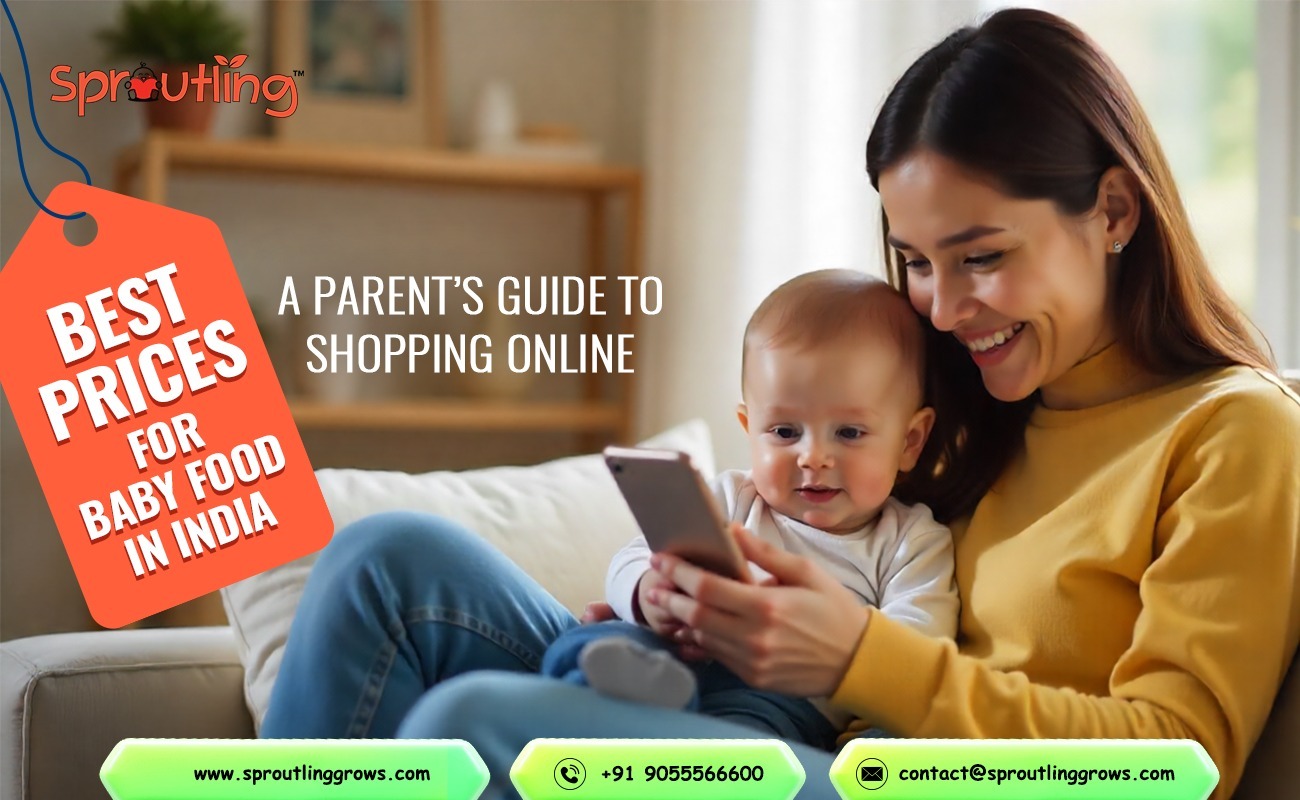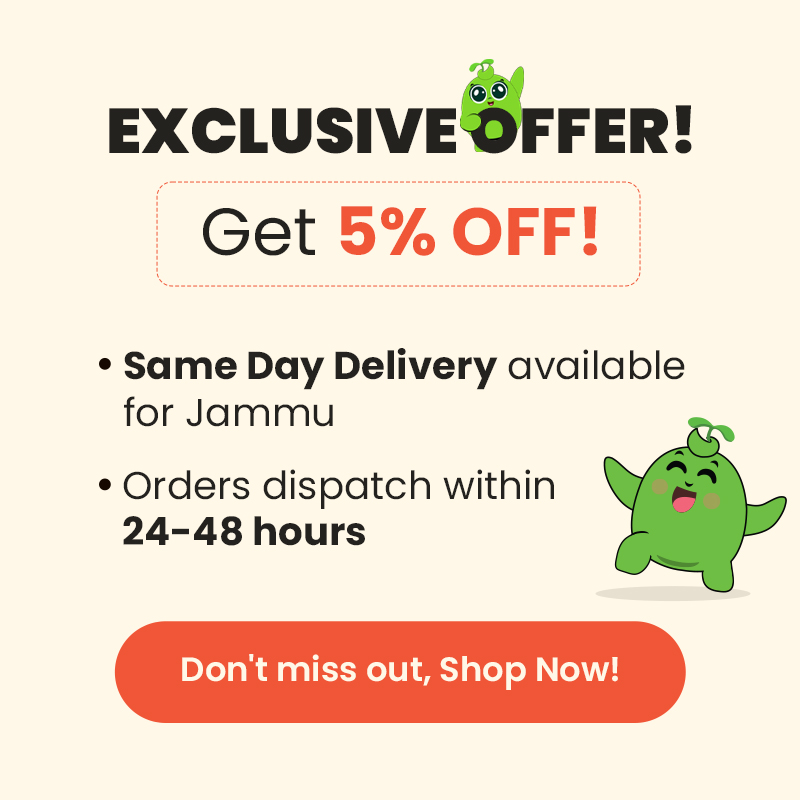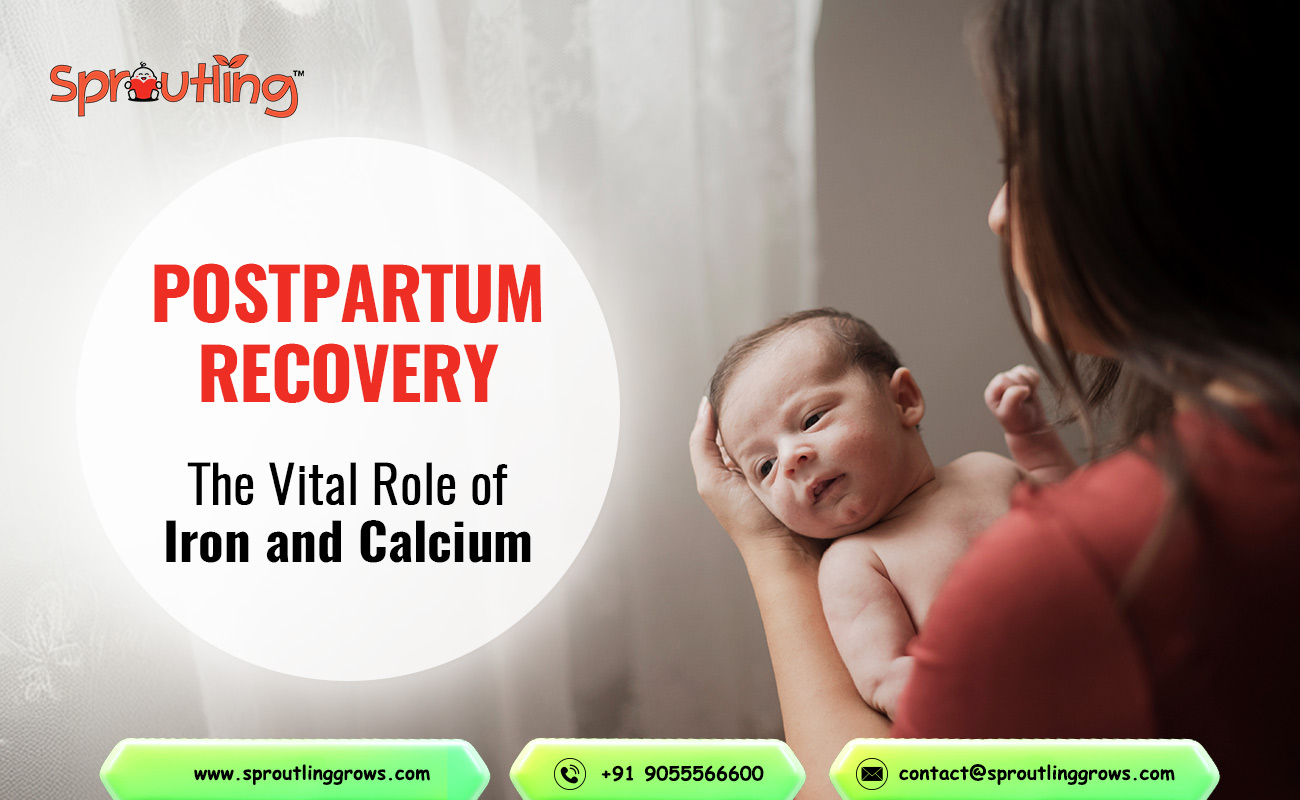
Table of Contents
The weeks following childbirth are a rollercoaster physically, emotionally, and nutritionally. While the world focuses on the new baby, moms often overlook their healing. But here’s the thing: postpartum nutrition is crucial for recovery, energy, and long-term health. Two nutrients stand out in this phase iron and calcium.
These mighty minerals play vital roles in rebuilding strength, supporting breastfeeding, and preventing deficiencies that can lead to fatigue, bone loss, and more. In this blog, we’ll break down why iron supplementation after delivery and a calcium-rich diet should be a top priority, along with tips on how to include them in your postpartum nutrition plan.
Why Iron Is Essential for Postpartum Healing?
The birth process, along with excessive bleeding, leads to substantial iron loss in women’s bodies. Women face an increased danger of developing iron-deficiency anaemia because of iron loss during pregnancy. Research published in the American Journal of Obstetrics and Gynaecology shows that iron deficiency anaemia affects 27% of postpartum women, thus delaying their physical and emotional healing process.
Supplements containing iron help women rebuild their iron levels and restore their red blood cell numbers together with combating physical weakness. The immune system and mental clarity benefit from iron supplements since they are essential during postnatal adaptation.
The main symptoms that occur due to low iron levels include:
- Persistent exhaustion
- Irritability or mood swings
- Difficulty concentrating
- Increased susceptibility to infections
Iron supplementation benefits more than just blood health because it leads to complete wellness improvement. You must have all your strength for baby care along with personal self-care so iron functions as a key element to obtaining that strength level.
How Calcium Supports Your Bones and Baby?
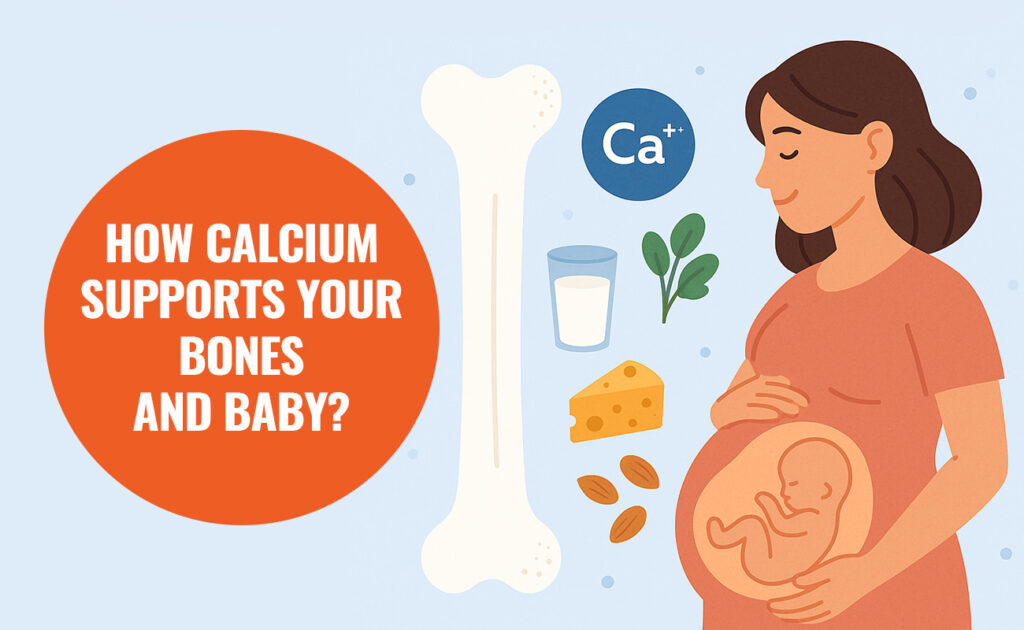
Postpartum nutrition requires a high calcium content for breastfeeding mothers to preserve their health. When your body produces breast milk, it tends to extract calcium from bones unless you consume adequate amounts of food.
Your baby needs this natural process for development, but your bones become more at risk as a result. The continuous process of drawing calcium from bones results in fragile bones and joint complications, which might advance to osteoporosis diagnosis. Long-term health benefits result from following a diet after postpartum that is rich in calcium, since it creates both immediate recovery benefits and permanent health improvements.
Sources of calcium include:
- Dairy products: milk, cheese, yoghurt
- Leafy greens: kale, spinach, bok choy
- Fortified foods: calcium-fortified orange juice, cereals, plant-based milk
- Nuts and seeds: almonds, sesame seeds, chia seeds
- Fish with bones: sardines, canned salmon
If you’re lactose intolerant or vegan, a calcium supplement might be necessary. But it’s always best to talk to your healthcare provider before starting one.
Creating a Balanced Postpartum Nutrition Plan
A well-rounded postpartum nutrition plan should include iron, calcium, and a variety of whole foods to fuel recovery and milk production. Here’s how you can build a nutrition plan that works for you:
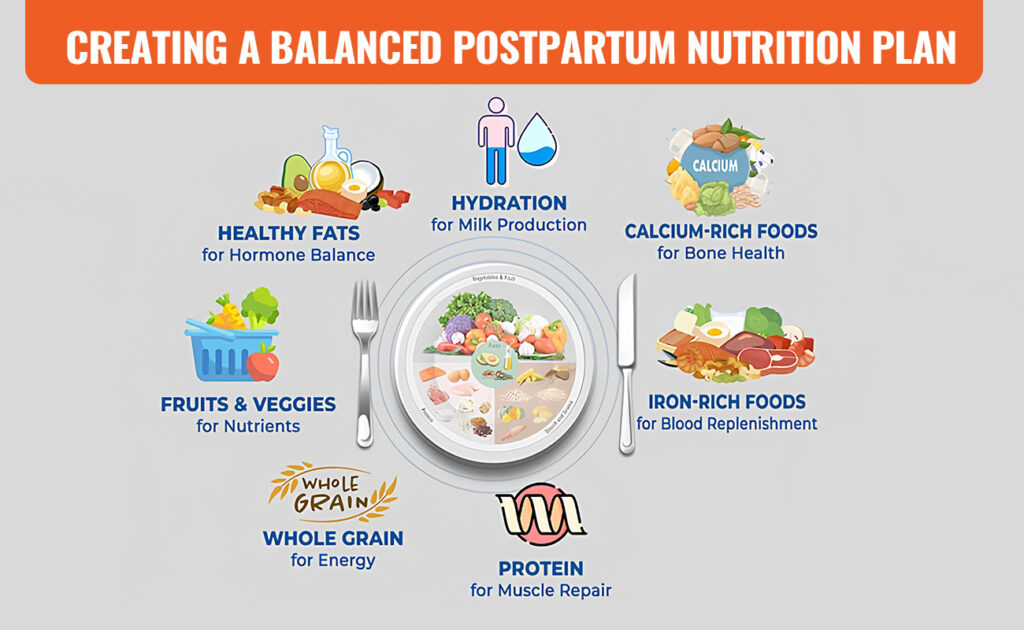
Eat Iron-Rich Foods Daily. Your body needs both heme iron (from animal sources) and non-heme iron (from plant sources):
- Animal-based: red meat, poultry, liver, fish
- Plant-based: lentils, beans, tofu, spinach, pumpkin seeds, quinoa
To increase iron absorption, pair these with foods rich in vitamin C, such as citrus fruits, bell peppers, strawberries, or tomatoes. Avoid consuming tea or coffee with iron-rich meals, as tannins can block iron absorption.
Incorporate Calcium-Rich Foods Throughout the Day. Instead of getting all your calcium in one meal, spread it out:
- Breakfast: fortified cereal with milk or plant milk
- Snack: yoghurt with chia seeds or a handful of almonds
- Lunch: spinach salad or kale in a smoothie
- Dinner: canned salmon stir-fry or a tofu bowl
Don’t Forget Hydration. Water is essential for digestion, milk production, and nutrient absorption. Aim for at least 8–10 glasses of water a day, especially if you’re breastfeeding.
Plan Smart Supplementation. Even with a great diet, some moms may still need supplements to meet daily needs. Ask your doctor about the best iron supplement for pregnancy and postpartum—one that includes vitamin C and is easy on your stomach. For calcium, a supplement with vitamin D can help improve absorption.
Can You Take Iron and Calcium Together?
One of the most common questions new moms ask is: can I take both supplements together? The answer is—it’s better not to. Calcium can interfere with the absorption of iron, so it’s recommended to take them at different times of day.
A good schedule might be:
- Morning: An iron supplement (with a vitamin C-rich drink or fruit)
- Evening: Calcium supplement (with or after dinner)
Spacing them out ensures both are absorbed efficiently and can support your recovery fully.
Signs You Might Be Deficient
Your body will usually give you warning signs if something’s missing. It’s easy to dismiss these symptoms as typical postpartum exhaustion, but they may indicate nutrient deficiencies:
Low Iron Symptoms:
- Chronic fatigue or weakness
- Dizziness or lightheadedness
- Pale skin or lips
- Shortness of breath during mild activity
- Brain fog or memory issues
Low Calcium Symptoms:
- Muscle cramps or spasms
- Brittle nails and thinning hair
- Numbness or tingling in fingers
- Tooth decay or gum issues
- Increased risk of bone fractures
Regular postpartum checkups and blood tests can help identify these issues early. Don’t hesitate to speak up if something feels off.
Realistic Tips for Staying on Track
We get it—new motherhood is exhausting, and focusing on your health can feel like another chore. But with a few simple strategies, you can make nutrition easier:
- Prep in batches: Cook and freeze iron- and calcium-rich meals when you have the energy.
- Stock nutrient-dense snacks: Greek yoghurt, nuts, hard-boiled eggs, or fortified granola bars.
- Smoothie your nutrients: Add spinach, chia seeds, almond milk, and fruits to get a powerful blend of vitamins and minerals in minutes.
- Set reminders: Use your phone to remind you when to take your supplements, especially since iron and calcium need to be spaced out.
Conclusion: Strengthen from the Inside Out
The journey of motherhood demands energy, resilience, and care not just for your baby, but for yourself. Prioritizing postpartum nutrition and understanding the critical roles of iron supplementation and calcium can make all the difference in how you recover and thrive.
When you nourish your body, you’re not just healing you’re laying the foundation for strength, vitality, and balance. Take it one step at a time, and trust that with the right nutrition, you’ll be ready for whatever motherhood brings next. Make a habit of healthy eating postpartum today.
Read Also:
- Healthy Shakes For Your Toddlers
- Nutritious Porridge Recipes For Infants
- Nourishing Makhana Recipes For Your Baby
- How to know when a baby is hungry?
- Freeze-dried baby food vs Sun Dried or dehydrated baby food
- Best Foods For Nurturing Healthy Weight Gain In Babies
- Tiny Bites for Tiny Hands: Finger Foods for Baby-Led Weaning
- Signs Your Baby Might Be Ready for Solids
- Quinoa Dal Khichdi (Baby Food) by Sproutling



